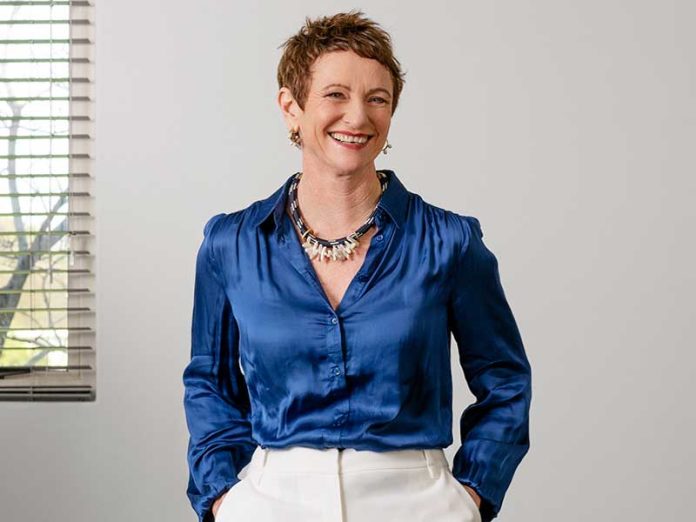The 2024 budget speech was a fine balancing act between stabilising the country’s debt burden with fiscal discipline and social investments. The good news is that no major tax increases were announced, VAT has not been raised and no increases were announced in the fuel levy.
While there were no major shocks contained in the budget announcement – as expected with a general election looming – the reality is that the medium-term economic outlook is constrained.
Finance Minister Enoch Godongwana is very cognisant that raising taxes in a constrained economic environment comes with risks. He did, however, warn of future tax hikes unless government expenditure is reduced.
While taxes were not raised, the minister did not make any allowance for inflationary adjustments to tax brackets and rebates. Medical tax credits, for example, have not been raised for inflation. This failure to account for inflation puts an increased tax burden on taxpayers over time, threatening consumer spending and negatively impacting SMEs that rely on consumer activity.
South Africa has a significant debt problem with 21c in every rand going to debt repayment. To help address this problem government has proposed changing the regulations around the South African Reserve Bank’s Gold and Foreign Exchange Contingency Reserve Account (“GFECRA”). This change will allow the National Treasury to tap into the GFECRA account and receive R150 billion over the next three years to pay off debt.
The International Monetary Fund (IMF) has forecasted growth of just 1% this year for South Africa, citing the country’s logistical challenges, power shortages, and high borrowing costs as amongst the biggest threats to the economy. It has called for structural reforms and an urgent lowering of the budget deficit. National Treasury has revised its growth forecast for 2024 from 1% to 1.3%. Both forecasts emphasise the need for sustainable growth to combat high unemployment and poverty rates.
Stats SA’s quarterly labour force survey, released earlier this week, reveals that unemployment increased from 31.9% in the third quarter to 32.1% in the fourth quarter of 2024. The youth – defined by Stats SA as those aged between 15 and 43 – are particularly vulnerable to unemployment. Youth unemployment rose 0.9 points to 44.3% in the fourth quarter.
Sluggish economic growth coupled with poor business and consumer confidence weighs heavily on the small business sector. Loadshedding and transport constraints have increased the operating costs for many businesses, negatively impacting profits and potentially putting jobs in jeopardy.
In recent years, the small business sector has learned to roll with the punches delivered by the pandemic, an economic downturn, supply chain challenges, load-shedding, higher interest rates, and inflation. It has been forced to learn to be resilient, and agile and to pivot when necessary. However, constrained consumer spending and high-interest rates are having a negative impact.
This is a sector which typically struggles to attract investment. A recently published report by British International Investment says the SME financing gap “reflects mismatches between what lenders are willing to provide and what borrowers are willing to accept. Lenders want to easily assess credit risk, protect themselves with collateral, and prefer short tenors. Borrowers are often risk averse and want flexible repayment terms, lack well-documented track records, and want longer tenor loans for growth investments.”
South Africa is ranked as one of the most risk-averse lending countries globally. Local banks have tightened their lending standards in recent years as higher interest rates and inflation start to bite both businesses and consumers. The slowdown in credit growth is expected to continue in 2024, according to S&P Ratings. The exception to this slowdown will be in high-growth sectors including those in the renewable and alternative energy space.
The funding gap – typically including funding for short-term working capital requirements to longer-term production infrastructure investments – for growth-oriented SMEs in Fetola’s portfolio is between R250 000 – R5 million. Those entrepreneurs who are successful at obtaining finance in this range are usually charged exorbitant interest rates. As a business growth development agency, we are working with our partners to address this funding gap through catalytic development funds including Nedbank’s Green Economy Fund, SAB Foundation’s Financing for Impact Fund, and our own home-grown SME fund, all of which are aimed at helping SMEs grow.
Growing the SME sector has the potential to alleviate unemployment and grow the economy. Many of the small businesses that Fetola has incubated have gone on to achieve significant success. Take Mampho Sotshongaye, the founder and managing director of Golden Rewards 1981, as an example. She was a participant in an 18-month SAB Foundation Tholoana business accelerator programme powered by Fetola. A road and vegetation maintenance business founded more than a decade ago, it now employs 56 people from disadvantaged communities and was recently awarded the programme’s standout Tholoana Award.
However, to ensure more success stories like Golden Rewards 1981, we urgently need to encourage a culture of buying and contracting from local SMEs and make it easier for these businesses to access finance so that they can scale up.
What the 2024 budget clearly revealed, is that government has limited fiscal space to change the country’s economic trajectory — so it will be up to the private sector to find a way to pave a more sustainable future for the country.






